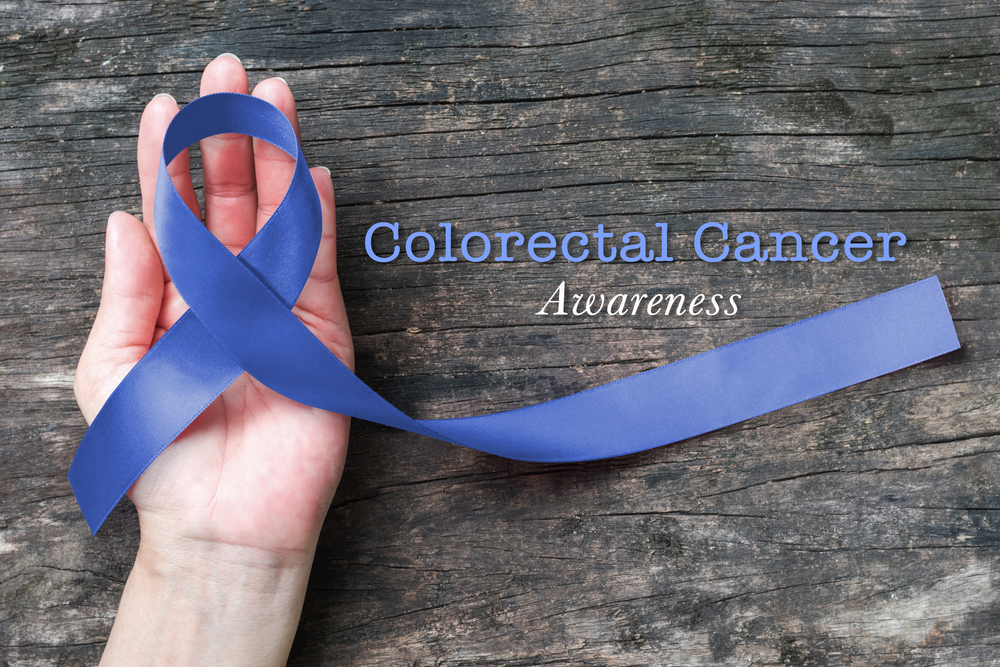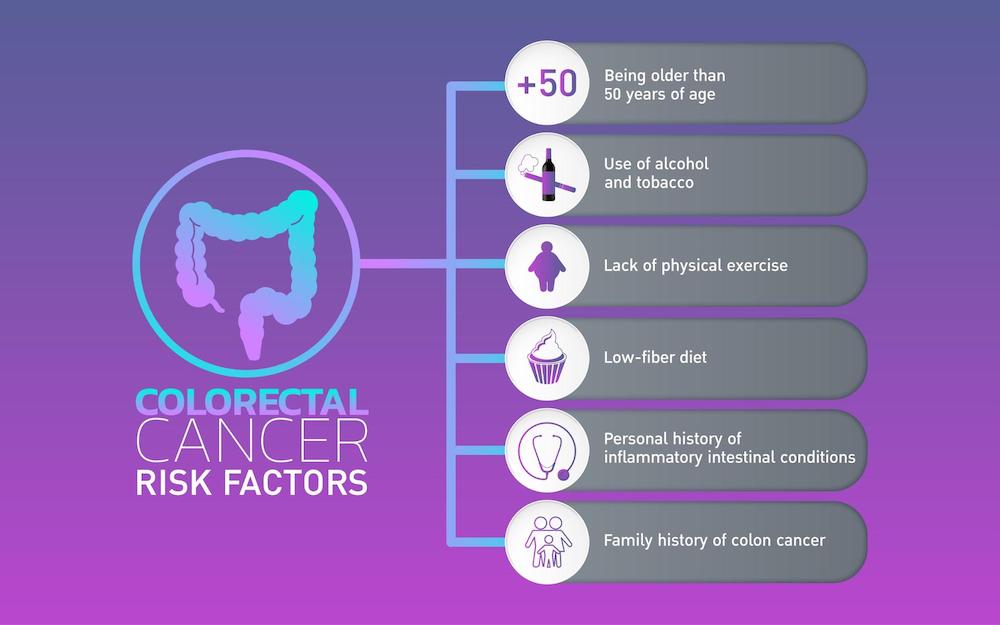Colonoscopy Myths and Facts

A Colonoscopy is one of the safest and most effective ways to detect colorectal cancers and precancerous polyps. The American Cancer Society recommends that everyone start regular screening for colorectal cancer at the age of 45, while people with risk factors should get screened earlier. Dr. Jay Michael Snow is experienced in performing colonoscopies and offers this procedure with the compassionate care he is known for.
March is National Colorectal Cancer Awareness Month and the team at St. Louis Bariatrics would like to dispel some common myths about colonoscopies.
Colonoscopy Myth: I will be awake during the procedure and it will be uncomfortable.
Colonoscopy Fact: At St. Louis Bariatrics, you will be asleep during your entire procedure.
Patients typically wake up in recovery with no memory of their colonoscopy at all. While you may need to take the entire day off of work due to the effects of anesthesia, colonoscopy recovery is simple and the most common side effect is temporary gassiness or bloating.
Colonoscopy Myth: Colonoscopy is a risky procedure.
Colonoscopy Fact: Colonoscopy is considered to be a very safe procedure when performed by an experienced medical provider. The risk of complications is less than 1%. Colon cancer is serious, but preventable — this routine procedure could save your life!
Colonoscopy Myth: I don’t need a colonoscopy because I don’t have any symptoms or a family history of colon cancer.
Colonoscopy Fact: Colorectal cancers are the third most common cause of cancer-related deaths in the U.S. Since most colorectal cancers begin as small, visible polyps, a colonoscopy may help you prevent colon cancer or catch it early enough to treat it successfully. Experts recommend that anyone without a high risk receives colorectal cancer screening every 10 years, beginning at age 45. Patients with risk factors for colorectal cancer should talk to their doctor about being screened earlier and more often.

Colonoscopy Myth: Women don’t need colonoscopies.
Colonoscopy Fact: Men have only a slightly higher risk of colorectal cancer than women. Colorectal cancer is the third-leading type of cancer for new diagnoses and deaths in both men and women.
Colonoscopy Myth: I had bariatric surgery which lowered my risk of cancer, so I don’t need a colonoscopy.
Colonoscopy Fact: Weight loss surgery can lower the risk of certain cancers. However, studies show that patients who used to have obesity are at a higher risk of developing colorectal cancer, even if they are now at a healthy weight after surgery.
Colonoscopy Myth: Scheduling a colonoscopy is a complicated process.
Colonoscopy Fact: Scheduling your colonoscopy is as simple as asking your primary care doctor for a referral to Dr. Snow. Almost all insurance plans have coverage for colonoscopy procedures. Contact our office with any questions.
Myth: I have had one so I don’t need another one
Colonoscopy Fact: It is recommended that most healthy adults have a colonoscopy every 10 years. However, the findings from a previous exam may require that you have one at an interval of 1, 3, or 5 years later.
Contact St. Louis Bariatrics for Your Colonoscopy
At St. Louis Bariatrics, your health is our top priority. In addition to eating well and exercising, preventative testing is a key way to take care of yourself. Contact us today to schedule your colonoscopy.
References
1 American Cancer Society. “Colorectal Cancer Screening: What Are My Options?” Available: https://www.cancer.org/latest-news/understanding-tests-that-screen-for-colon-cancer.html
2 Mayo Clinic. Colonoscopy. Available: https://www.mayoclinic.org/tests-procedures/colonoscopy/about/pac-20393569
3 American Cancer Society. 2020 Facts and Figures. Available: https://www.cancer.org/content/dam/cancer-org/research/cancer-facts-and-statistics/annual-cancer-facts-and-figures/2020/cancer-facts-and-figures-2020.pdf
4 Aravani A, Downing A, Thomas JD, Lagergren J, Morris EJA, Hull MA. Obesity surgery and risk of colorectal and other obesity-related cancers: An English population-based cohort study. Cancer Epidemiol. 2018;53:99–104. doi:10.1016/j.canep.2018.01.002






